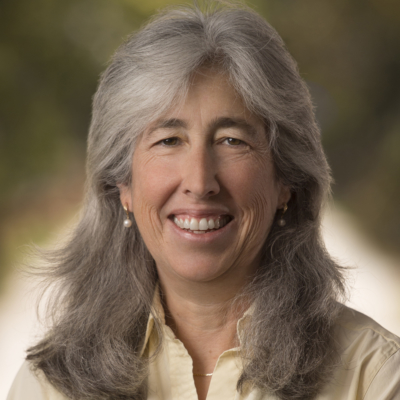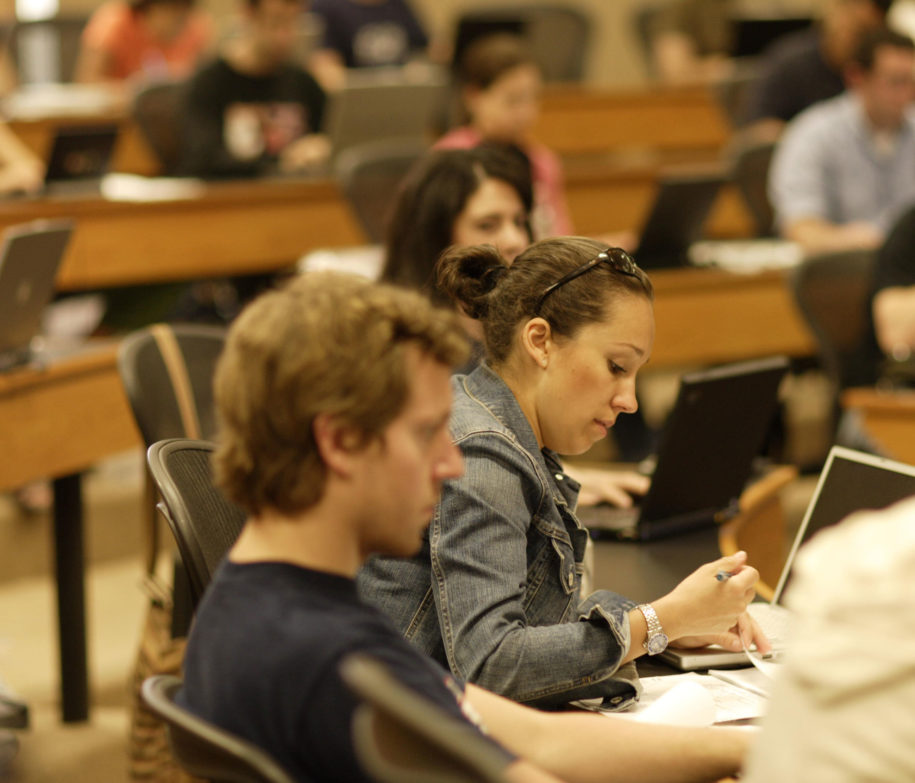Deborah A. Sivas

- Luke W. Cole Professor of Environmental Law
- Director, Environmental and Natural Resources Law and Policy Program
- Co-Director, Environmental Law Clinic
- Senior Fellow, Stanford Woods Institute for the Environment
- Affiliated Researcher, Center for Ocean Solutions
- Faculty Advisor, Emmett Interdisciplinary Program in Environment and Resources
- Professor, Doerr School of Sustainability
- Room N120, Neukom Building
Expertise
- Air Pollution Law & Policy
- Civil Procedure & Litigation
- Clinical Education
- Coastal & Oceans Law & Policy
- Environment & the Law
- Environmental Justice Law & Policy
- Land Use Law & Policy
- Natural Resources Law & Policy
- Water Law & Policy
Biography
A leading environmental litigator, Deborah A. Sivas, JD ’87, is a co-director of the highly regarded Environmental Law Clinic, in which students provide legal counsel to dozens of national, regional and grassroots nonprofit organizations on a variety of environmental issues. Professor Sivas’s litigation successes include challenging the Bush administration’s gas mileage standards for SUVs and light trucks and holding the U.S. Environmental Protection Agency accountable for regulating the discharge of invasive species in ship ballast water. Her current research is focused on the interaction of law and science in the arena of climate change and coastal/marine policy and the ability of the public to hold policymakers accountable. She is a frequent speaker on these topics.
Prior to assuming the clinic directorship in 1997, Professor Sivas was a partner at Gunther, Sivas & Walthall, an attorney with Earthjustice (formerly Sierra Club Legal Defense Fund), an associate in the environmental practice group at Heller Ehrman and a law clerk to Judge Judith N. Keep of the U.S. District Court for the Southern District of California. In recognition of her work on behalf of the environment, California Lawyer magazine named Professor Sivas one of its 2008 Attorneys of the Year.
Education
- BA Occidental College 1982
- MS University of California Davis 1984
- JD Stanford Law School 1987
Related Organizations
Courses
- Advanced Environmental Law Clinic
- California Coast: Science, Policy and Law
- Directed Research
- Discussion (1L): Climate and the "Abundance" Agenda: The Future of Environmental Law?
- Discussion (1L): In Search of Climate Justice
- Environmental Law Clinic: Clinical Coursework
- Environmental Law Clinic: Clinical Methods
- Environmental Law Clinic: Clinical Practice
- Policy Practicum: Building A Sustainable, Transparent, and Humane Food System
- Policy Practicum: Renewable Energy Transition in Rural America
- Policy Practicum: Smoke: Wildfire Science and Policy Lab
- Policy Practicum: Species & Ecosystem Preservation
- Public Lands
Affiliations & Honors
- Board, Earth Island Institute
- Board, The Otter Project
- Advisory Board, Climate Law Institute
- California Lawyer of the Year (2008)
Policy Practicum: Developing Best Practices for Clean Water Act Enforcement
The Clean Water Act is the premier law protecting the waterways of the United States. Yet nearly a third of facilities are in “significant non-compliance” of their Clean Water Act permits, with serious consequences for the health and well-being of millions of Americans. This policy practicum will help the Environmental Protection Agency with its goal of cutting the significant non-compliance rate in half by 2022 by researching and compiling information about the most innovative interventions that have been piloted and implemented by states, EPA regions, and federal EPA.
Read more here : Policy Practicum: Developing Best Practices for Clean Water Act Enforcement

Policy Practicum: Court-Supervised Remediation of Complex Environmental Problems
The Law School’s Environmental Law Clinic is representing an environmental group in a lawsuit against the Monterey County Water Resources Agency. The suit asserts that the agency has been polluting both surface and ground waters in the Salinas River Valley and Elkhorn Slough by discharging pesticide-laden farm irrigation run-off in violation of California environmental laws. If the plaintiffs prevail, the appropriate injunctive relief is likely to be complex. Neither the precise dimensions of the problem nor those of the most effective interventions to remedy it are known.
view practicum : Policy Practicum: Court-Supervised Remediation of Complex Environmental ProblemsEnvironmental Law Clinic
The Environmental Law Clinic provides an opportunity each quarter for students to represent national, regional, and grassroots non-profit organizations on a variety of environmental issues. The clinic’s primary goal is to help students develop essential lawyering skills through hands-on experience in real cases. Our cases take our students before administrative agencies and to all levels of state and federal court, with frequent practice in the U.S. Court of Appeals for the Ninth Circuit and the U.S. Supreme Court.
view environmental law clinic : Environmental Law Clinic
Key Works
News
Stanford researchers tackle food insecurity in a warming world
Stanford Report
Beyond the straightforward dollar value of tax breaks and government subsidies, the full cost of public policy decisions around food and agriculture is often opaque to consumers and even lawmakers themselves, said Stanford environmental law expert Deborah Sivas. Largely unaccounted for in these decisions are potential damages to human health…
Read More : Stanford researchers tackle food insecurity in a warming worldAn Oil Company Running Into Rough Waters off the California Coast Is Looking to Trump for Help
Trump’s Power to Abolish Monuments Hangs on Prolonged Ruling
How grand plans to restart oil drilling off Santa Barbara’s coast hit California’s green wall
Stanford University’s 13th Annual Bright Award Celebration Honors Defender of the North Sea
Environmental review bill would sharply restrict public challenges to federal projects
